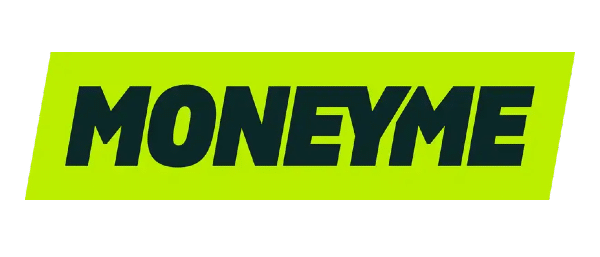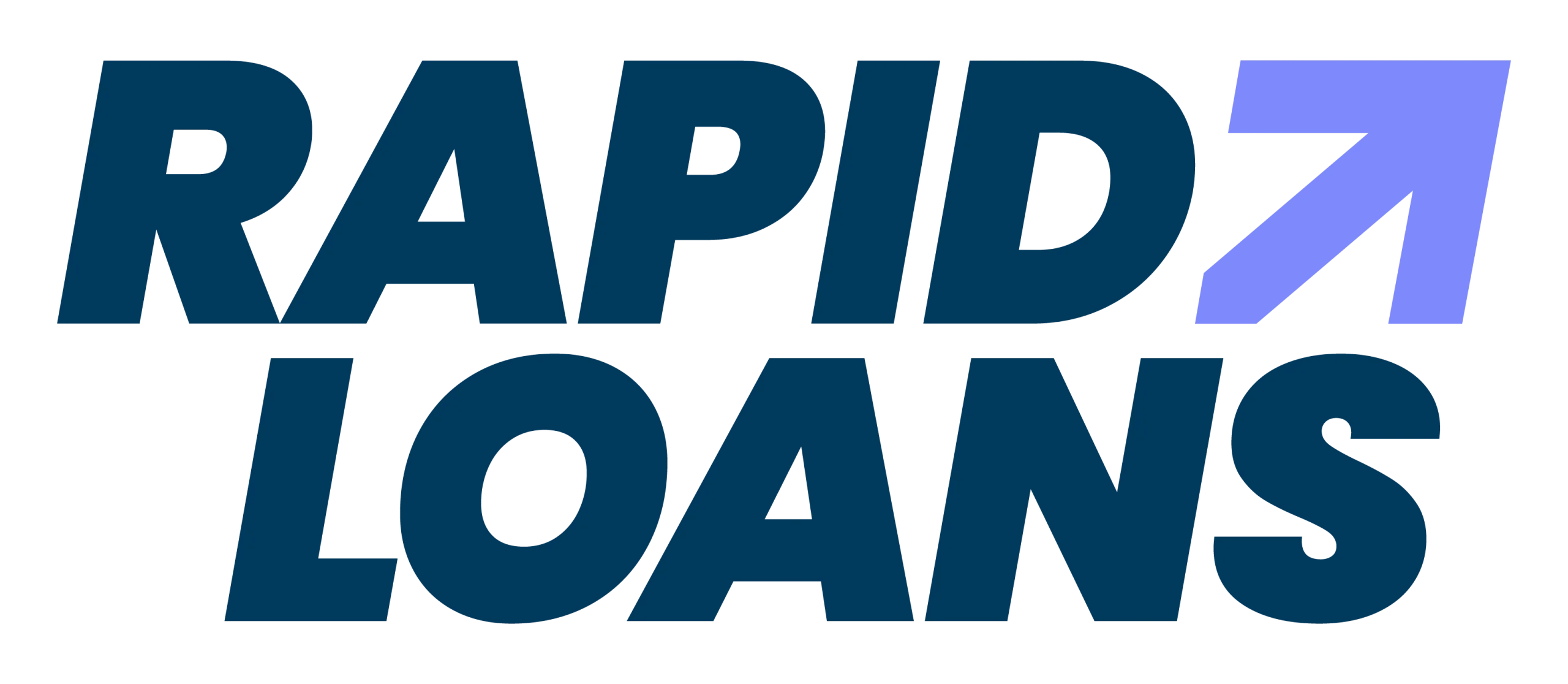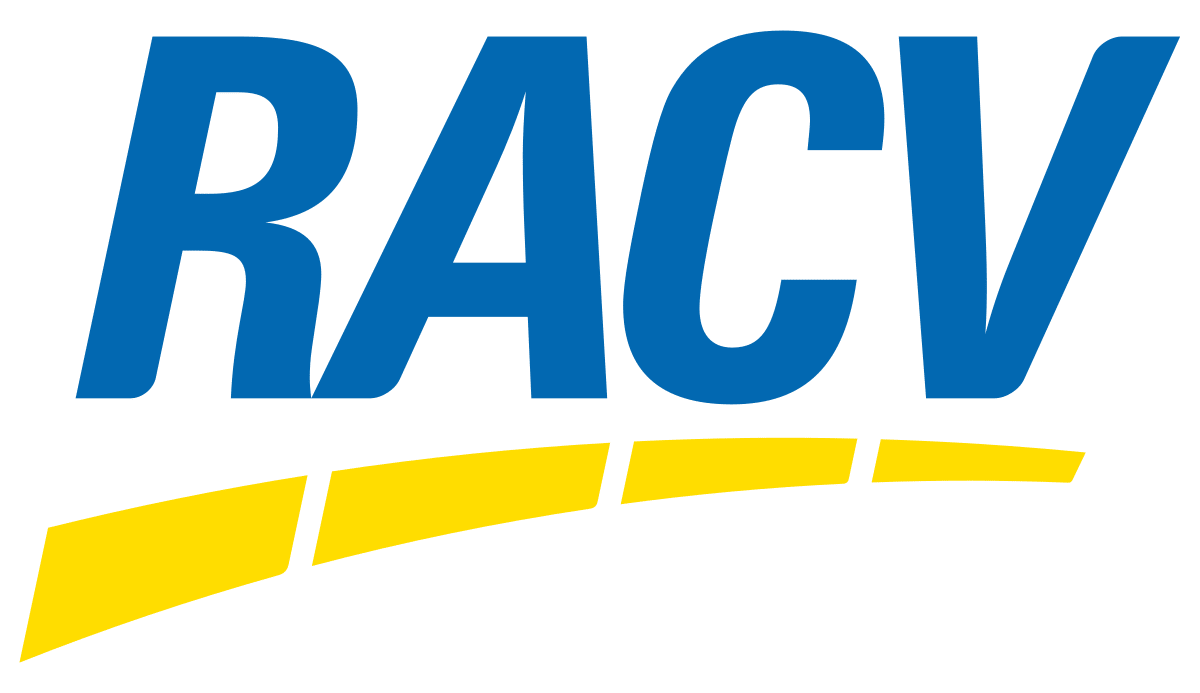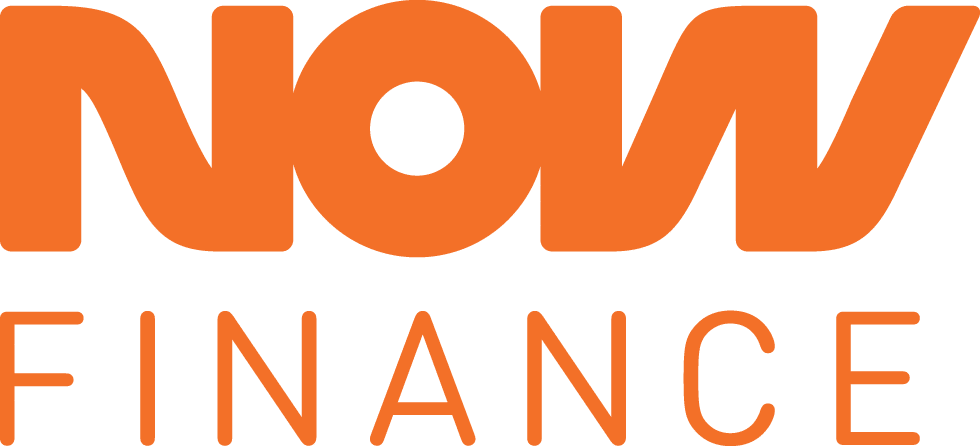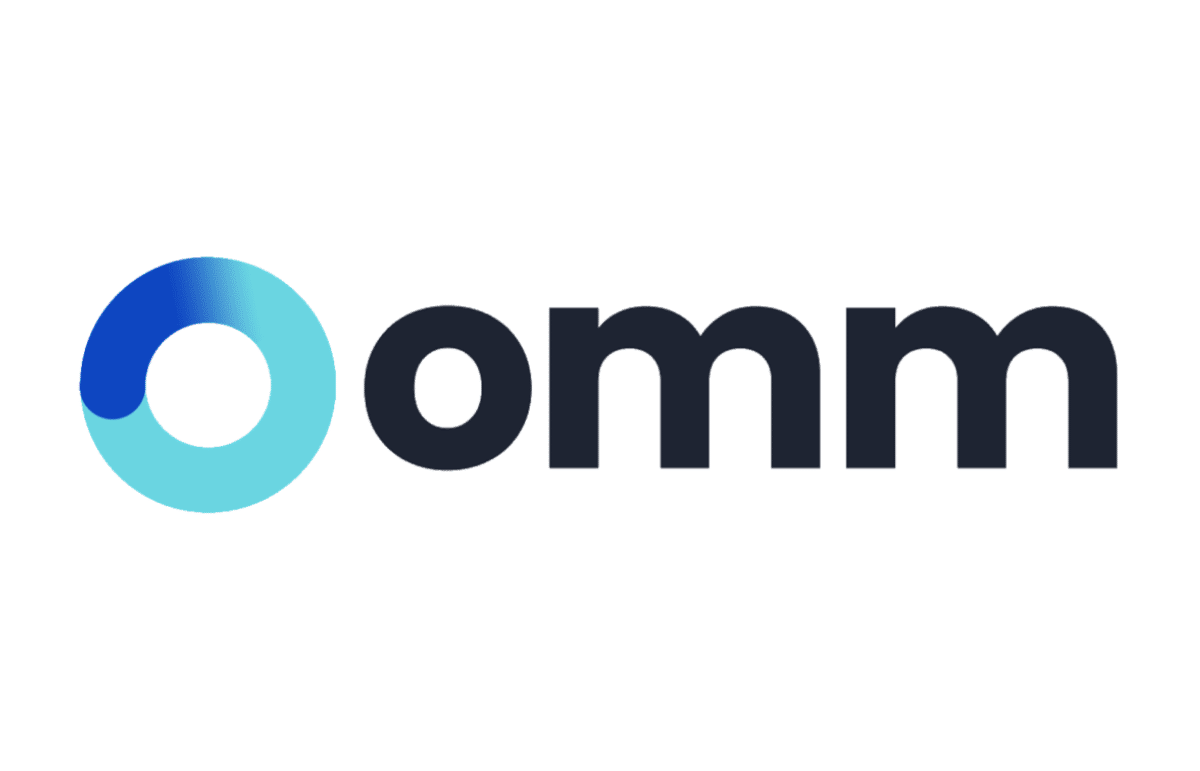Medical care can be expensive, with costs often running to thousands of dollars, especially if your treatment isn’t fully covered by Medicare or private health insurance. If you need a procedure or specialist treatment, a medical personal loan can help spread the cost. This means you can access the care you need without shouldering the full financial burden upfront.
How do medical loans work?
A medical loan is a type of unsecured personal loan that allows you to borrow a fixed amount to cover healthcare expenses. Because it’s unsecured, you won’t need to provide any collateral – just meet the lender’s eligibility criteria.
You can typically borrow from $5,001 up to $75,000, depending on your financial circumstances and the lender’s requirements. The funds are paid to you as a lump sum, giving you the flexibility to pay your medical bills as you choose, as well as cover other expenses like medication, rehabilitation or income support during recovery.
You’ll then repay the loan over a fixed term through regular instalments, including interest, and any applicable fees as outlined in your loan contract.
What can I use a medical loan for?
A medical loan can be used to cover a wide range of healthcare expenses. This can include:
- Elective surgery
- Hospital costs
- Dental treatments
- IVF and fertility treatment
- Cosmetic surgery
- Laser eye surgery
- Medication and medical equipment
- Travel and accommodation
- Living expenses during recovery
As the loan is not tied to a specific purpose, you can also use it for any other purpose you need.
When you submit your application, one of our consultants will compare the best available options and walk you through the process. You don't need to worry about sifting through documents and visiting the post office, as they can all be submitted online. We've partnered with personal loan companies you can trust to ensure your comparison is a high-quality one.Why apply for a personal loan with Savvy?
Help from the experts
Paperless applications
Reputable lending partners
Pros and cons of medical loans
Pros
-
Access treatment sooner
Medical loans give you access to funds upfront, helping you pay for urgent or time-sensitive treatments without delay.
-
Covers a wide range of healthcare expenses
Medical loans aren’t limited to one procedure – you can use them for a variety of medical costs up to your loan limit.
-
Fill the gaps not covered by Medicare or insurance
If your health cover only pays part of the cost (or none at all), a loan can help you manage out-of-pocket expenses more easily.
-
Spread the cost of recovery
You can borrow extra to help cover recovery-related costs such as medication, rehab or even living expenses while you’re off work.
-
No need to secure the loan against your assets
Because medical loans are unsecured, you don’t have to put your home, car or other property on the line to access funds.
Cons
-
Interest adds to the total cost of care
While loans make treatment more accessible, you’ll end up paying more overall due to interest and any applicable fees.
-
Not suitable for ongoing or indefinite care
If your condition requires long-term or unpredictable costs, a one-off loan may not be the best funding option.
-
Approval depends on your credit and income
If your credit score is low or you’ve had a disruption to income due to illness, it may be harder to qualify or get a competitive rate.
-
Risk of debt stress during recovery
Taking on a loan while recovering from surgery or illness could add financial pressure at a time when you need to focus on healing.
What alternatives are there to medical loans?
Personal loans can be a convenient option when it comes to paying for medical treatment, but there are other options that could help you cover your costs:
Health insurance
Private health insurance can cover a range of medical treatments, from hospital stays to some dental and fertility services. However, there are often waiting periods, exclusions and limits on how much you can claim, so it’s important to be aware of what you’re covered for before getting treatment.
In-house payment plans
Many private hospitals, dental clinics and fertility centres offer payment plans directly. These allow you to spread the cost over time, usually interest-free or low-cost, but the repayment terms may be shorter than with a personal loan.
Credit cards
For smaller or one-off expenses, a credit card, especially one with a 0% interest introductory offer, can be a useful option. Just keep in mind that if you carry a balance past the interest-free period, credit card rates are typically much higher than personal loans.
Buy now, pay later (BNPL)
Platforms like Afterpay and Zip allow you to split smaller medical bills into instalments. These can be a useful way to pay for lower-cost services like minor dental work, but they may charge late fees and affect your credit if you fall behind.
Small loans
If your medical costs are under $5,000, say for an emergency root canal that requires some x-rays, a small loan could be a quick and accessible solution. These loans usually have shorter terms and faster approvals, but have higher interest rates and fees than personal loans.



